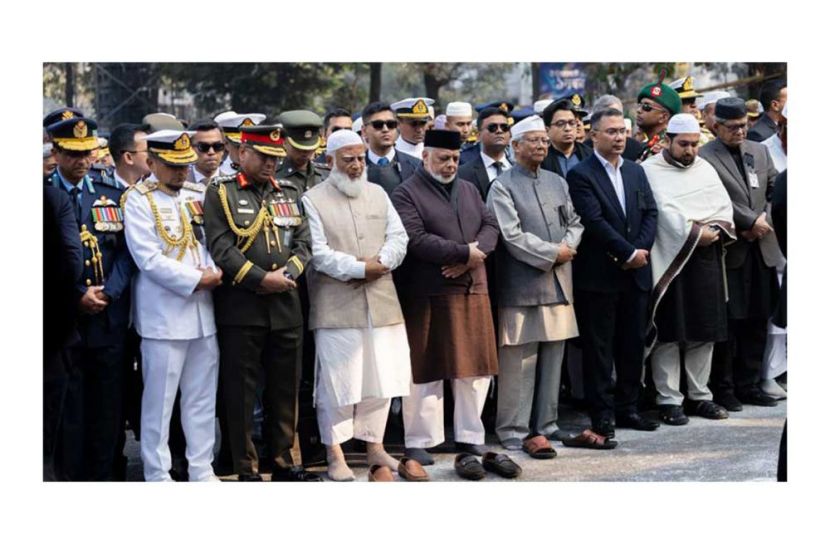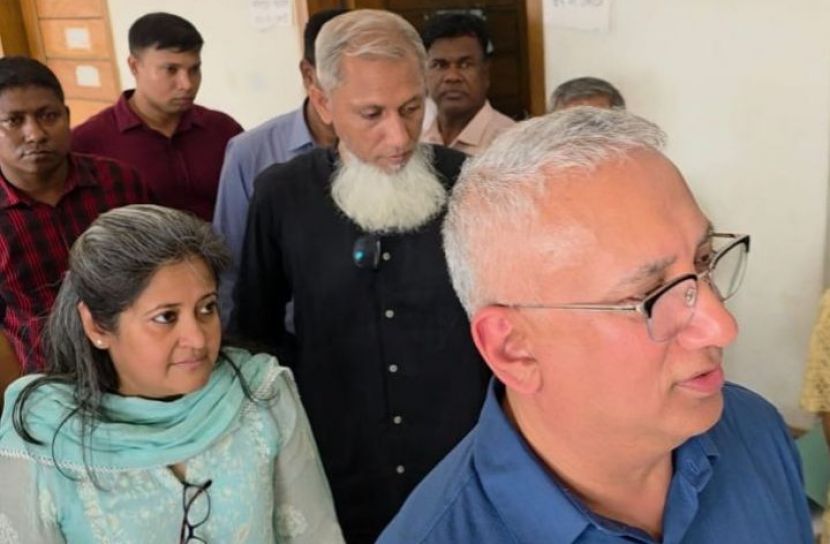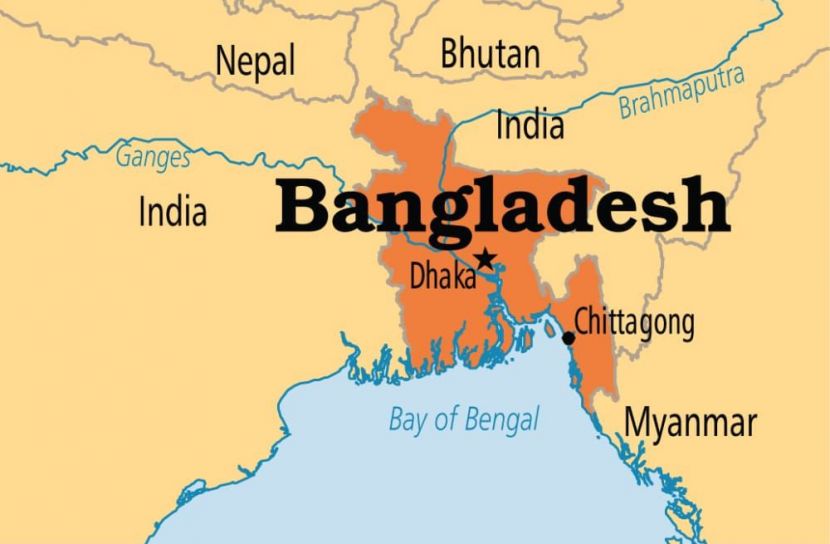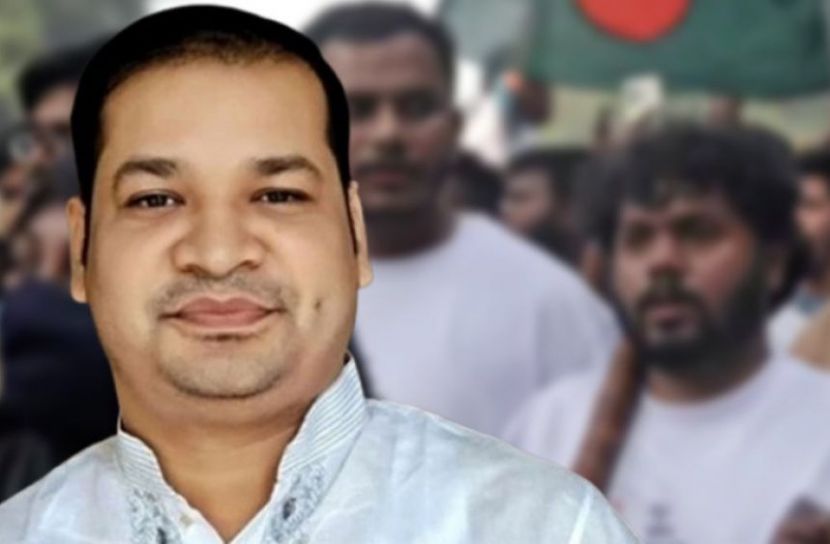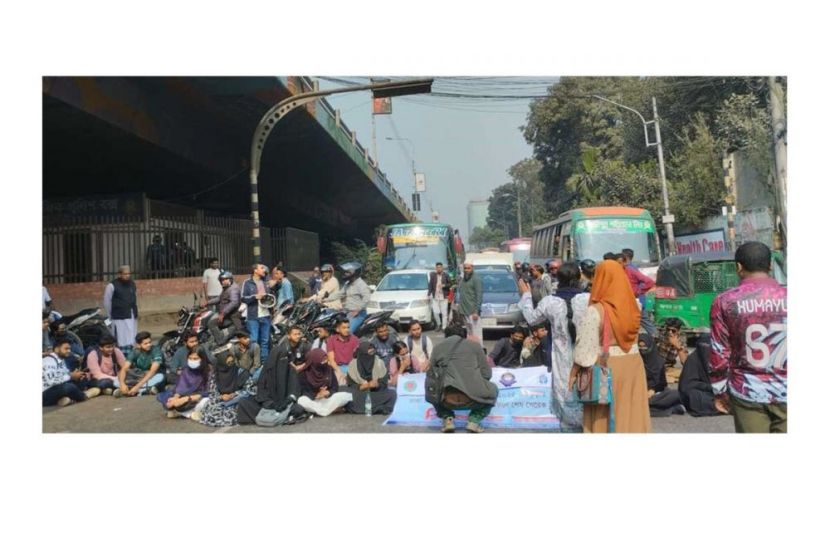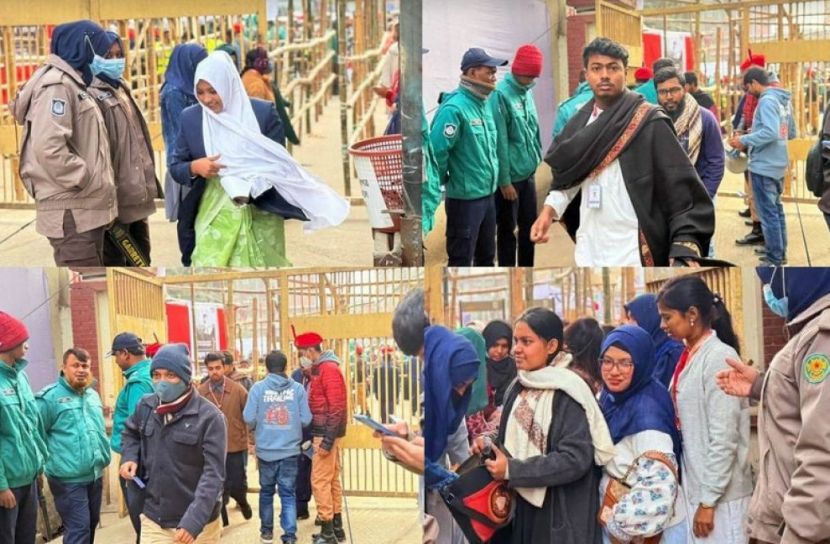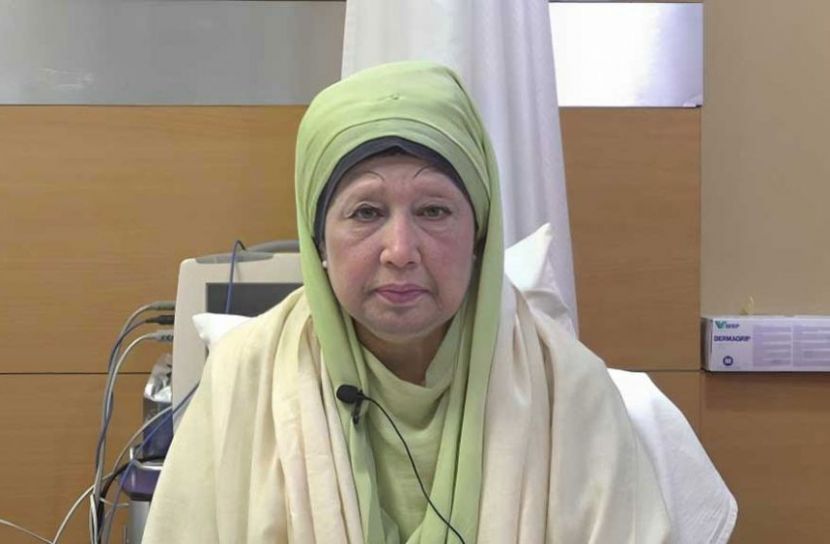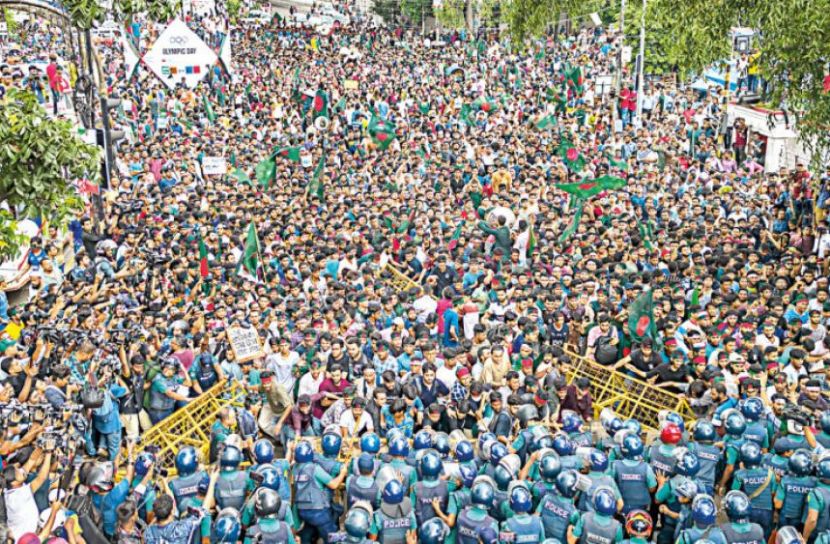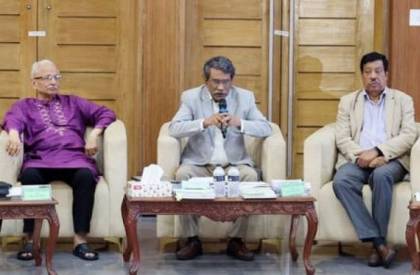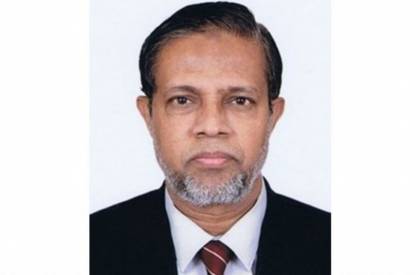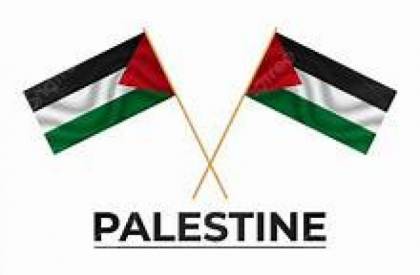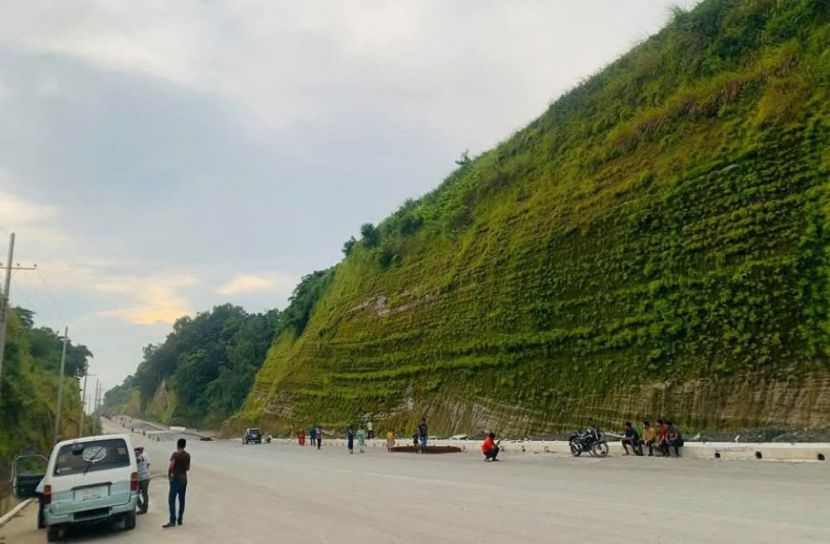Exactly one year ago, Bangladesh witnessed a historic wave of public unrest. While many pointed fingers at the quota reform movement or certain individuals like Nahid or Asif as the catalysts, the truth runs deeper. The fall of the government was not triggered by any political faction or organized demand; it was the result of simmering public frustration, unheeded grievances, and a long-overdue emotional eruption.
The Quiet Agony of Urban Life:
For years, citizens, particularly the urban middle class, had been quietly enduring the tightening grip of state control over daily life. Sudden internet blackouts, unexplained curfews, and the paralyzing of livelihoods became commonplace. These weren’t just policy failures, they were daily assaults on dignity and survival, quietly accumulating into deep societal scars.
When the quota reform movement dragged on and lost formal leadership, the vacuum was filled by students from private universities and young people with no political affiliations. They weren’t activists. They didn’t belong to any party. Yet when these students were seen bleeding in the streets, something snapped inside the collective conscience of the public.
They were someone’s son, someone’s daughter, someone’s beloved. And in a moment of raw humanity, ordinary people flooded the streets, not under any political banner, but driven purely by instinct and empathy.
And thus came the chant that defined the moment: "We demand the government’s resignation.”
This Wasn’t a Political Protest—It Was a Plea to Live With Dignity:
The movement was never about political power. It was about the right to feel safe, to be respected, and to live a decent life. Quota reform, constitutional amendments, or tactical politics—these were never part of the average citizen’s vocabulary. What they sought was simple: dignity and basic rights.
The Geopolitical Undercurrents:
No mass uprising happens in a vacuum, especially in a geopolitically sensitive country like Bangladesh. International players, agencies, and foreign interests often seize the opportunity when domestic tensions boil over.
In this case, the quota issue merely served as the entry point. The underlying societal tension was real, and foreign actors knew how to exploit it. The government, to its credit, did sense the brewing storm. It realized a trap was being laid—a web of manufactured tension. Yet, instead of protecting the people from this trap, it fell right into it.
The gravest mistake was not in misreading the situation but in choosing to open fire on the very citizens it was sworn to protect.
Where the State Failed:
As the leader of the nation, Prime Minister Sheikh Hasina’s administration had one primary responsibility: to ensure public safety and prevent mass emotional manipulation. A timely public address, empathetic gestures, or responsible policing might have defused the tension.
But instead, the state responded with bullets. This single miscalculation shattered 16 years of governance and plunged the country into political uncertainty.
Who Reaped the Rewards of the Uprising?
Ironically, those who began as apolitical actors soon emerged as power players. Within a year, many became enforcers, brokers, and wielders of administrative influence. The reintroduction of a modified quota system under new political names like the “July Warriors” is proof that the movement was, at some point, hijacked and repurposed.
And the very people whose blood catalyzed this moment of change? They quietly returned to their personal struggles, forgotten but used.
The Double-Edged Sword of People’s Power:
The people of Bangladesh don’t crave politics. They want to walk safely, raise families, and live with dignity. But when these basic expectations are disrupted, they rise not for ideology, but for survival. And when they rise, they recognize no leader, no flag.
This is both the nation’s greatest strength and most dangerous vulnerability. Because foreign powers will not hesitate to exploit this latent energy again.
The responsibility to safeguard this vulnerability rests on the state apparatus regardless of which party is in power.
When the State Turns Against Its Own People, History Turns Merciless:
When the very institutions designed to protect citizens stand against them, history does not forgive. And in that history, no one escapes accountability.
Mahmid Hasan Samel is a Freelance Journalist and Political Analyst
PT/ra



